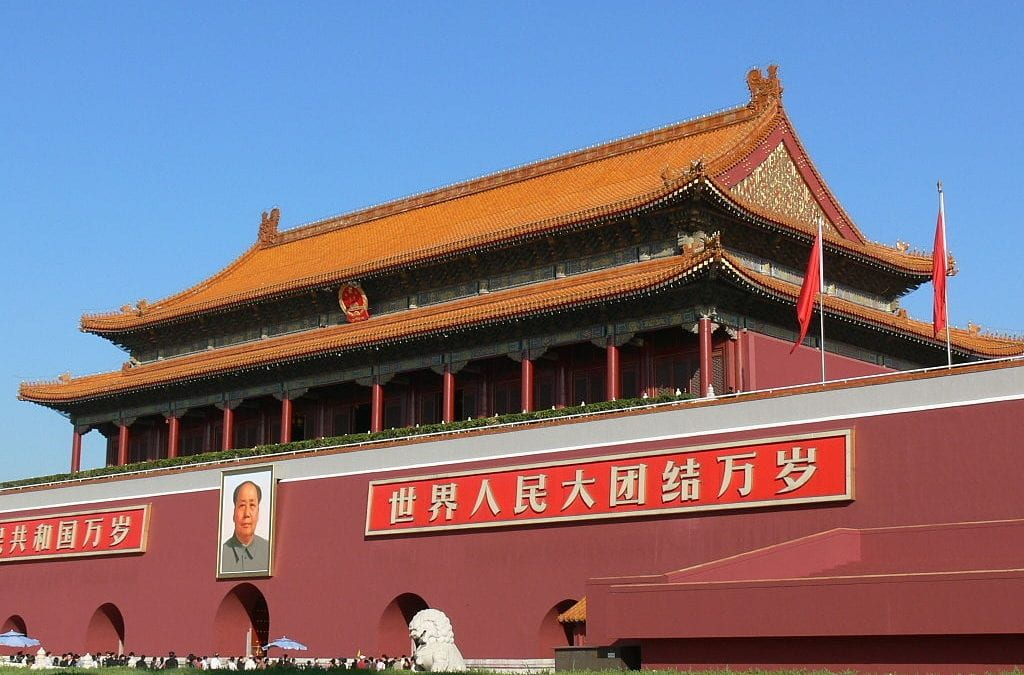In the months following the outbreak of the global COVID-19 pandemic, over six lawsuits have been filed against China in U.S. federal courts seeking damages for deaths, injuries, and economic losses caused by COVID-19. Concurrently, the United States’ Congress sought to strip China of its immunity from suit in U.S courts. Unfortunately, those efforts are likely to prove futile as sovereign immunity principles preempt this form of litigation. Instead, interested parties and civil society should push to hold China accountable in other effective ways, including but not limited to thorough investigation of allegations of public health concealment and diplomatic pressure.
In the lawsuits filed—including the ones in California, Florida, Pennsylvania, Nevada, and Texas—the plaintiff alleged tortious personal injury claims as class-actions on behalf of those who have suffered physical and economic injury related to the COVID-19 outbreak. States have also taken to suing on behalf of injured residents or have indicated plans to file proceedings.
These suits are likely to be dismissed—and most of them have already been. The main obstacle is a legal principle called sovereign immunity which dictates that a national government or its agencies and instrumentalities cannot be sued in the courts of another nation. It is a fundamental principle of both international and U.S. law based on the idea that equal sovereigns should not use their courts to sit in judgment of each other.
In 1976, Congress passed a statute called the Foreign Sovereign Immunities Act (FSIA), which allows a party to only sue a foreign government in American courts under exceptional circumstances. These include rare situations where the claim is based on commercial activity carried out by a foreign government that has a direct effect in the United States, or where there is a non-commercial tort that takes place in the U.S.
Based on the way courts have interpreted these two exceptions, neither one of them really seems to apply to China here.
The commercial activity exception is a narrow one. It is designed to cover situations where state-owned enterprises engage in market activities akin to private actors, such as breaching a contract. Here, the complaint is that China suppressed information, silenced whistleblowers, failed to notify international organizations in a timely manner, and failed to protect public health in other ways. The thrust of the activity is governmental or regulatory, not commercial.
Regarding the non-commercial tort exception, that exception is mostly limited to situations in which both the conduct and the injury take place in the territory of the United States. An example would be a foreign official involved in a traffic accident in Manhattan, New York or Arlington, Virginia. Therefore, the non-commercial tort exception does not apply to China’s actions either. However, injured parties have continued to file lawsuits in several states notwithstanding these legal barriers.
Given that legal avenues have been closed to individual litigations, Congressmembers have attempted to overcome legal obstacles. Members of Congress from the U.S states of Arkansas and Missouri have drafted legislation that would attempt to rid a foreign government of sovereign immunity for intentional acts to conceal or distort public health information that would inhibit the international community’s ability to respond to the spread of the coronavirus pandemic.
Those attempts—no matter how noble and understandable—are both futile and dangerous. In international law, the concepts of sovereignty and sovereign immunity are based on the idea of reciprocity. Generally, the United States must endeavor to respect the principles of sovereign immunity, not as a favor to other countries, but because it expects the international community to respect and protect the immunity of the United States and its missions abroad. Similarly, the United States has vehemently protested when other nations have allowed investigations of the U.S government and its officials for controversial military actions. An immediate example is the staunch U.S opposition to the Rome Statute and its inherent ramifications. The rational fear should be that, if the United States allows suits against a foreign government in this capacity to proceed (namely China), the Chinese government may as well retaliate by allowing lawsuits against the U.S government or its officials in China.
Even if Congress were to strip China of its immunity, lawsuits against China are unlikely ever to result in payments to Americans injured by COVID-19. In the unlikely event of a court judgment against China, the Chinese government would refuse to pay any award, leading to years of litigation in U.S. courts (likely embroiling U.S. banks and businesses) to seize Chinese assets in the United States.
Author Biography: Luc C. Pierre-Louis is a Senior Moderator of the International Law and Policy Brief (ILSLPB) and a J.D Candidate at The George Washington University Law School. His research focuses on privacy, electronic monitoring, digital authoritarianism, and preventing the misuse of emerging surveillance technologies. He researches global surveillance supply chains and tech-enabled human rights abuses in repressive regimes worldwide. Follow @LucPierreLouis

